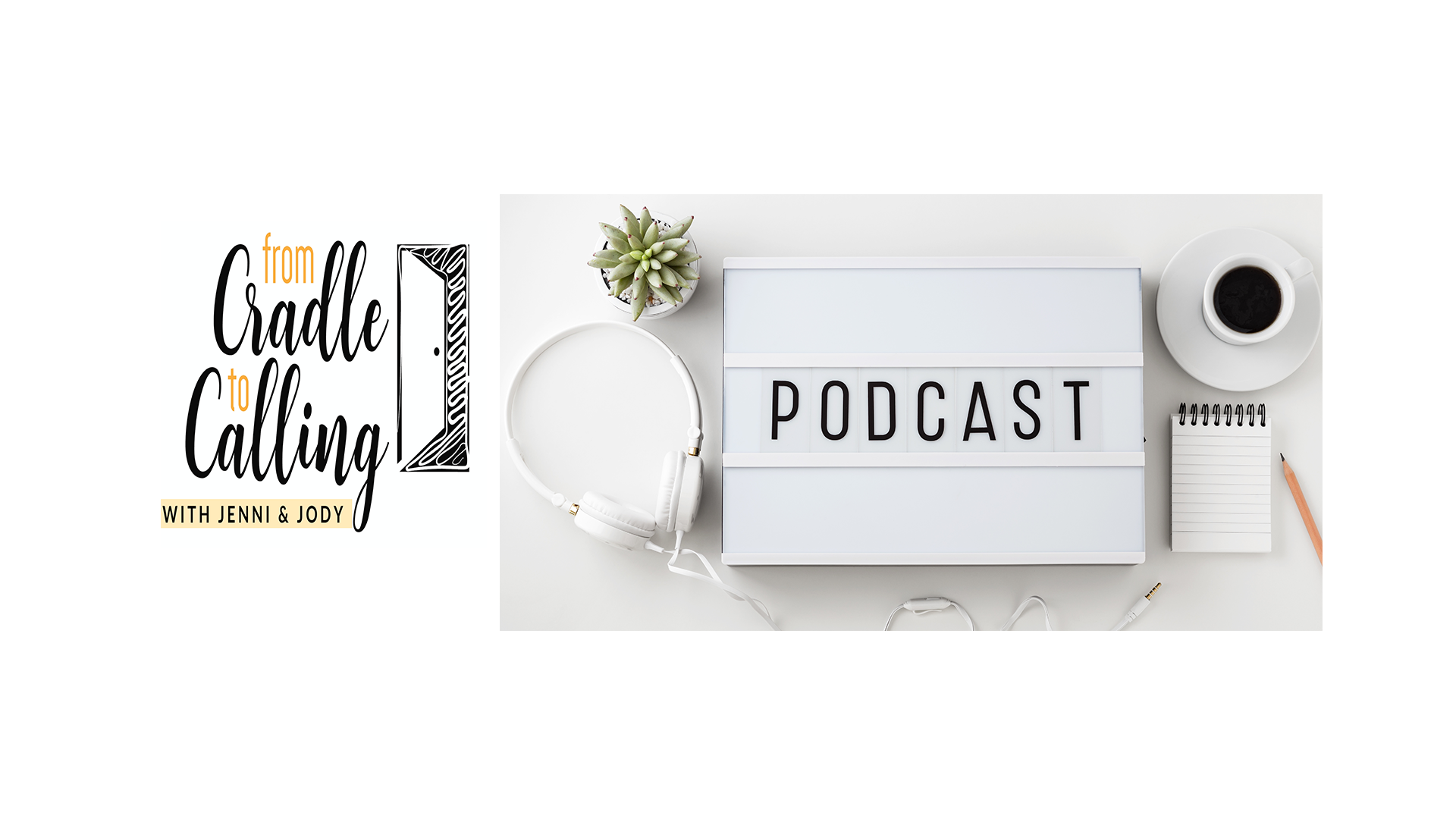Podcast
Have you ever noticed how many homeschoolers cringe when you talk about math? For so many of us (yup -- this one has been a big struggle for our two families over the years), it’s the one subject that makes us feel inadequate. In fact, in our own families, math is the one subject that has brought our kids to tears.
“Every child is unique. God created each child with his or her own strengths, weaknesses, rate of maturation. And our job as educating parents, is to strengthen and encourage their gifts and then use their strengths as a vehicle for building up their weaknesses.”
But it doesn’t have to be that way. Today’s guest has such a practical, level-headed approach to math. Not only does Carlita Boyles believe that we should integrate math lessons with daily life so that kids understand the importance of math and the daily applications of it, she also believes that students should progress through math at pace that complements their unique developmental level and not according to arbitrary grade levels. In other words, kids should learn division when they are ready for it and not just because they happen to be in the fourth grade.
Carlita is a Christian author, educator, and mother of three children whom she homeschooled until they graduated from high school. Carlita started her homeschool journey with a Master’s Degree in Special Education and twelve years experience teaching children with learning disabilities in public school. Being frustrated with textbooks and workbooks, Carlita created a unique approach which she and her husband John developed into Math on the Level, a math curriculum designed specifically to take advantage of home education.
In this podcast episode, Carlita shares some fascinating insights on math education and she shares more about the program that she and her husband have developed.
“If you think about how often, as adults, we use math...We may use a calculator, but you use math when you're estimating how much you're buying at the grocery store, your gas mileage in the car, and of course when you're sewing or doing woodworking or cooking or anything like that. You're using math all the time. And so communicating that to our kids and teaching through those experiences, makes it so much more fun.”
You can connect with Carlita and her program in a few ways:



